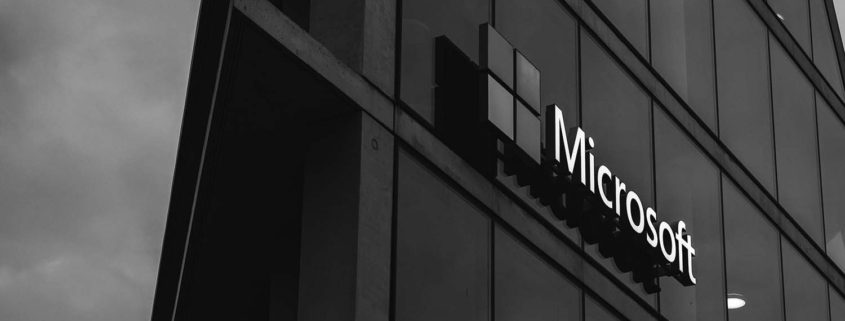Microsoft’s Strategic Move in the World of Generative AI
Last Friday, in what might be the most significant switch in generative AI team affiliation we’ve seen yet, Microsoft got two for the price of one: it signed up for Sam Altman, the CEO of OpenAI who stepped down earlier this year, and his number-two, Greg Brockman, who founded OpenAI with Elon Musk. Experts and investors cheered. Shares of the company rose 2.3 percent on Friday. ‘It’s a coup,’ Jay Jacobs, co-founder of the consultancy LucasPoint, told me after the announcement. ‘No one thought Microsoft could make this move.’ The Oracle founder Larry Ellison has called Microsoft ‘perhaps the most innovative company in the world,’ and he’s not wrong. Google relied on its innovation; Microsoft relied on its monopoly power. Larry Page and Sergey Brin built something incredible. Bill Gates and Steve Ballmer built something somewhat… expansive. Until a year or perhaps two ago, Google was seen as the outsized innovator, and Microsoft was the gargantuan leader. However, Google is not so innovative these days.
There might have been a time when people questioned whether Sam Altman was indeed ‘the ultimate AI visionary’; no more. He is the former chief executive of OpenAI, the company behind the AI text generator ChatGPT. His appearance at Microsoft is a personnel change but, much more, a seismic shift in the tech world. And Rishi Jaluria, a tech analyst who follows the business for the investment bank DA Davidson, says it sends a clear signal on who the generative AI leader will be. All those concerns about tech stagnation and whether AI was starting to lose its mojo have been banished.
Investors were cautious at first: Microsoft’s stock slumped mildly just after the announcement. But by the end of Monday’s trading, Microsoft shares had jumped more than 2 percent, closing at $377.44 – a sign that confidence in the company’s AI prospects is as strong as ever. In the same session, Google’s parent company, Alphabet, gained just 0.7 percent.
OpenAI and that uncertainty cast a shadow on investors in the short term. While Microsoft CEO Satya Nadella had previously revealed that OpenAI was using Microsoft’s Azure cloud services, analysts like Kirk Materne of Evercore ISI believe Altman’s arrival has ‘contained’ the risk.
In a note, Timothy Horan and Edward Yang of Oppenheimer go so far as to label it a ‘win/win’ for Microsoft, explaining that ‘over the long term, winners in generative AI will be those who prioritize innovation over perfection,’ and will be ‘less daunted by the short-term shocks of change in OpenAI leadership.’
And perhaps the most important thing is that if Altman were to jump to Microsoft, might the key scientists and developers he brought with him from OpenAI make a different move? ‘Sam essentially brought his healthy and essential proprietary research mini-lab to Microsoft that would have potentially ended up with a competitor,’ the Wedbush analyst Dan Ives tells me. ‘Now he’s in charge of arguably the most important AI initiatives in Microsoft’s history. Sure, Microsoft is actively hiring generative AI engineers and developers, but their stock is becoming the “destination” employer for this talent because of higher valuations and the actual success Magnus has been enjoying.’ In other words, in addition to the achievement it bought from Mythic and the entire LaMDA research outfit, it seems Microsoft has also now bought Altman’s reputation and ability to attract others.
Fred Havemeyer of Macquarie adds that ‘Microsoft’s new team is in a position to hit the ground running’ because the software giant has preserved its AI product roadmap and now stands as one of the strongest competitors to generative AI startups and Google DeepMind.
Microsoft’s acquisition of Sam Altman and Greg Brockman, the founding duo behind OpenAI, was a strategic coup. The company’s shares rallied mightily after the news broke; some analysts declared that Microsoft had a moat on generative AI.’ The bigger picture is bright and bullish; this company is utterly excited about alt-AI, both ethically and practically, and has a glorious backstory of building strategic infrastructure that dominates the conversation while the world scrambles to catch up.




